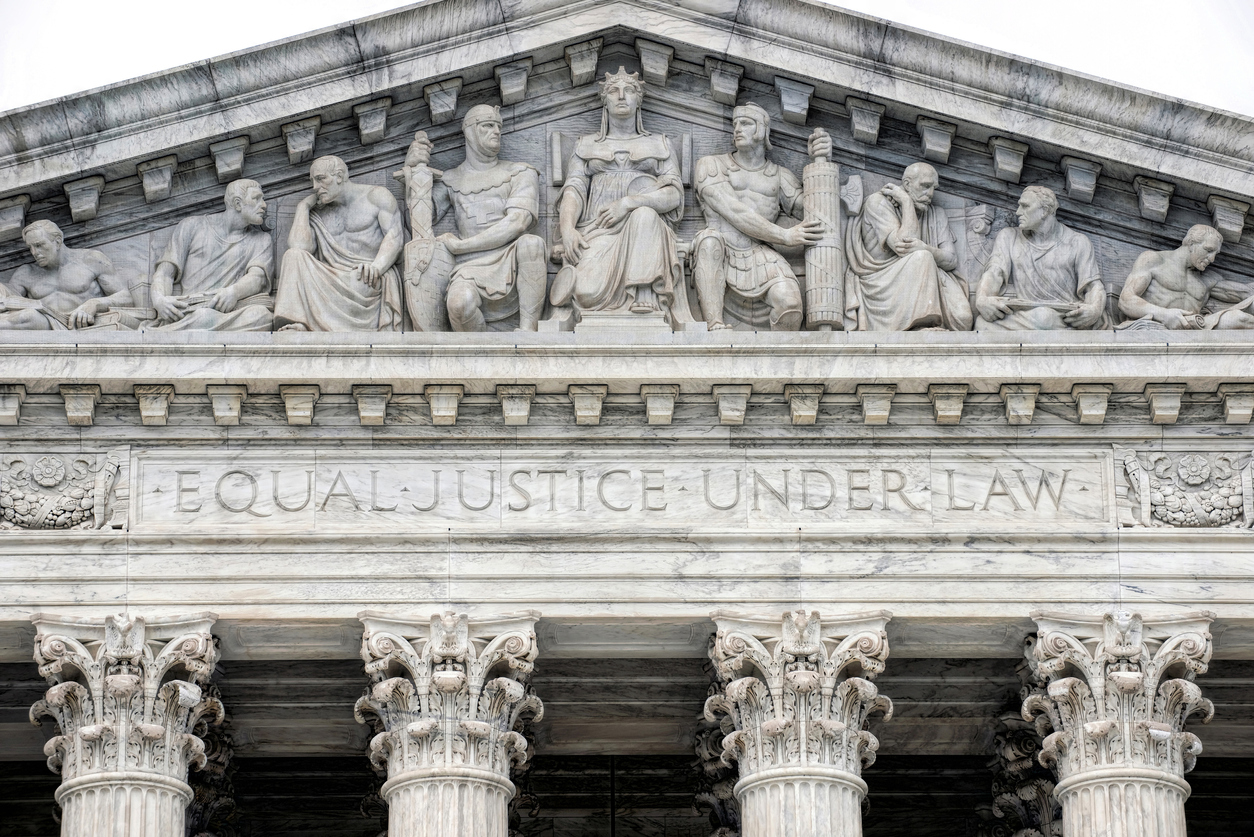If a jury or a court finds you guilty of a crime, a court will sentence you. What that sentence looks like depends on many different factors. It could be a lighter sentence like probation, a small fine or a couple of days in jail. It could also be significant such as life in prison or even the death penalty. So, even after a conviction, understanding what constitutional rights exist during sentencing is very important.
What does a sentencing hearing look like?
What your sentencing hearing could look like depends a lot on what your case looked like. If you entered a guilty plea as part of a plea deal to a low-level offense, your sentencing hearing might be short. The judge may simple order you to pay a small fine, put you on probation for a short period of time and let you go. Even in the more severe cases, sentencing can still be short. Some sentencing hearings have lasted only a handful of minutes.
Other sentencing hearings, however, have complications. If, for example, there was no plea deal, the judge may have a lot of discretion. This is especially true when the judge can impose a lengthy prison term.
Usually, the probation department prepares a pre-sentence investigation report (sometimes called a “PSR” or a “PSIR”). These reports describe your history, your record and other factors. The judge will confirm that the information in this report is correct.
Both sides will also have a chance to argue for what sentence they think is best. You also have a chance to make comments to the judge. So will the alleged victim and any other affectedmpacted by your alleged crimes.
Then, the judge will sentence you based on sentencing guidelines.

What constitutional rights exist during that sentencing hearing?
Judges have a lot of freedom in how they handle sentencing. State courts and federal courts must follow sentencing guidelines. But these guidelines often leave judges a lot of discretion. For example, state law might impose a sentence of 20 years to life for a certain crime. This means that the judge can decide what sentence to impose between those two points. They could choose 20 years, life or something between the two.
Because of this wide discretion, understanding your rights during sentencing is very important. The most important right you have during sentencing is the right to be sentenced based on accurate information. State and federal law require that your sentence be based on accurate information. This generally means that the information the PSIR must be true.
This is important because the information in the PSIR makes a big difference in your sentence. Imagine, for example, that the PSIR says you have three past felony convictions. In many jurisdictions, that criminal history raises your sentence guidelines. This happens with what are often called “prior record variable” or “PRV” scores. If you have three felonies on your record, your sentence is longer than if you don’t.
For this reason, you need to make sure the PSIR is accurate. In many cases, you or your attorney might get the PSIR at the last minute. Even your own attorney might tell you to skim it. But you can review it and make sure it’s accurate. You should take advantage of that right.
The Takeaway:
Even after a criminal conviction, you still have many constitutional rights that exist during sentencing. The most important one is to be sentenced based on accurate information. Understanding this and other rights is crucial to make sure you get the best sentence possible in your case.






